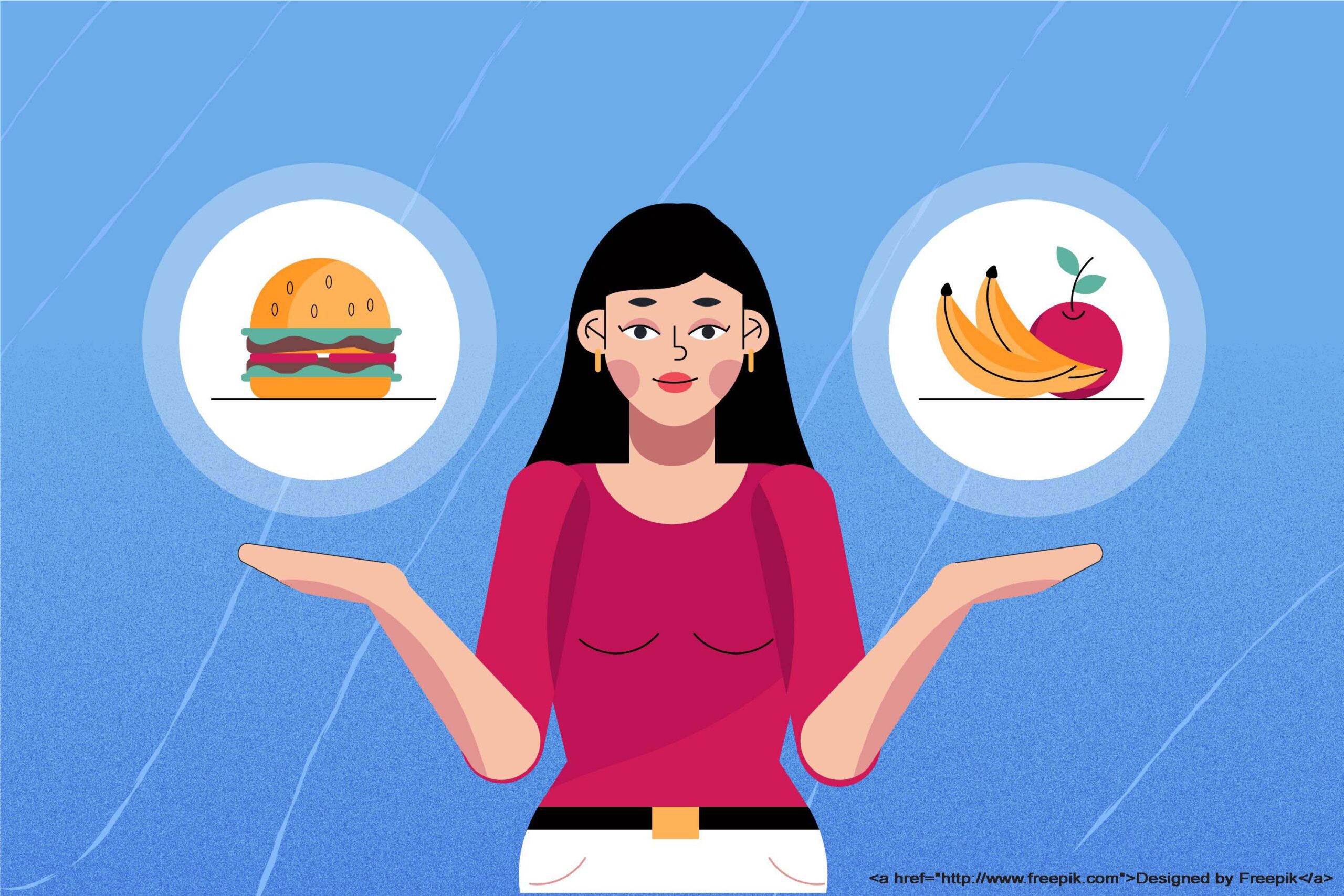
The impact of our dietary choices on our well-being is significant. The food we consume has the power to influence our emotions and overall state of mind. Food not only delights our taste buds but also provides essential nourishment to our bodies. Yet, it’s crucial to strike a balance – consuming too little or too much can have repercussions on both our health and our overall quality of life. Such imbalances might lead to unfavorable sentiments towards our dietary habits.
By acquainting ourselves with healthier and more mindful dietary selections, we can potentially manage issues like compulsive eating, overindulgence, and weight gain. Taking control of our appetite might not only alleviate these concerns but also bestow upon us a sense of tranquility, heightened energy levels, and increased alertness, all stemming from the foods we choose to fuel our bodies with.

Food psychology explores the intricate relationship between human behavior, emotions, and food choices. It delves into the psychological factors that influence our eating habits, preferences, and overall relationship with food. Here are some key aspects of food psychology.
encompasses. By understanding these psychological factors, individuals can develop healthier eating behaviors, manage emotional triggers, and establish a more balanced and positive relationship with food.
Here are some key aspects of food psychology:
EMOTIONAL EATING : Emotional eating involves using food to cope with emotions rather than satisfying physical hunger. This refers to the tendency to eat in response to emotions such as stress, sadness, boredom, or happiness.feelings.Understanding these emotional triggers can help individuals find alternative copingindividuals find alternative coping strategies and develop a healthier relationship with food.It can be triggered by stress, anxiety, loneliness, or other emotional states. People may turn to comfort foods as a way to soothe themselves or distract from negative feelings.
FOOD CRAVINGS : Food cravings are intense desires for specific types of food. They can be caused by a variety of factors, including hormonal changes, nutrient deficiencies, conditioned responses, and emotional triggers. Cravings are often for foods that are high in sugar, fat, or salt.
MINDFUL EATING : Mindful eating is a practice that encourages being fully present while eating. It involves paying attention to the sensory aspects of eating, such as taste, texture, and smell. By eating mindfully, individuals can better tune in to their body’s hunger and fullness cues, leading to healthier eating habits.
FOOD & MOOD : Certain nutrients in food can impact mood and brain function. For example, omega-3 fatty acids found in fish have been associated with improved cognitive function and mood regulation. Foods high in antioxidants, such as fruits and vegetables, can also contribute to better mental well-being.
FOOD MARKETING & PERCEPTION : Food packaging, branding, and advertising can significantly influence our perceptions of taste and quality. Clever marketing strategies can create strong associations between certain products and positive emotions, leading us to have higher expectations of how a food will taste.
SOCIAL & CULTURAL INFLUENCES : Cultural norms, traditions, and social gatherings can heavily influence food choices. People often eat certain foods due to familial, cultural, or societal expectations, and meals shared with loved ones can carry emotional significance.
HABIT FORMATION: Habits play a central role in our eating behaviors. Repeated actions become automatic, making it important to establish healthy habits. Overcoming unhealthy eating patterns may require breaking old habits and forming new ones.
RESTRICTIVE DIETING & BINGE EATING : Restrictive diets that severely limit certain foods can lead to feelings of deprivation and trigger binge eating episodes.Bingo eating is characterized by consume large amounts of food in a short period, often driven by emotional factors. This cycle of restriction and binging can contribute to an unhealthy relationship with food and negatively impact physical and mental well-being. Seeking balanced and sustainable eating habits, along with addressing emotional triggers, is crucial for a healthier approach to nutrition.
FOOD GUILT & SHAME: Negative emotions surrounding food choices can lead to guilt and shame. These emotions can perpetuate a cycle of unhealthy eating habits. Adopting a more compassionate attitude towards oneself and food choices is important for building a healthier relationship with eating.
PERSONAL FACTORS : Personal factors like genetics, upbringing, and past experiences shape our food preferences and attitudes. For example, childhood experiences with food can influence eating habits and emotional connections to certain foods.
By becoming aware of these psychological factors, individuals can make more mindful choices, develop positive eating patterns, and achieve a better balance between their emotional and nutritional needsIt’s an evolving field that continues to contribute to our understanding of how we relate to food and how we can foster healthier relationships with eating.
~Compiled by D. Dutta